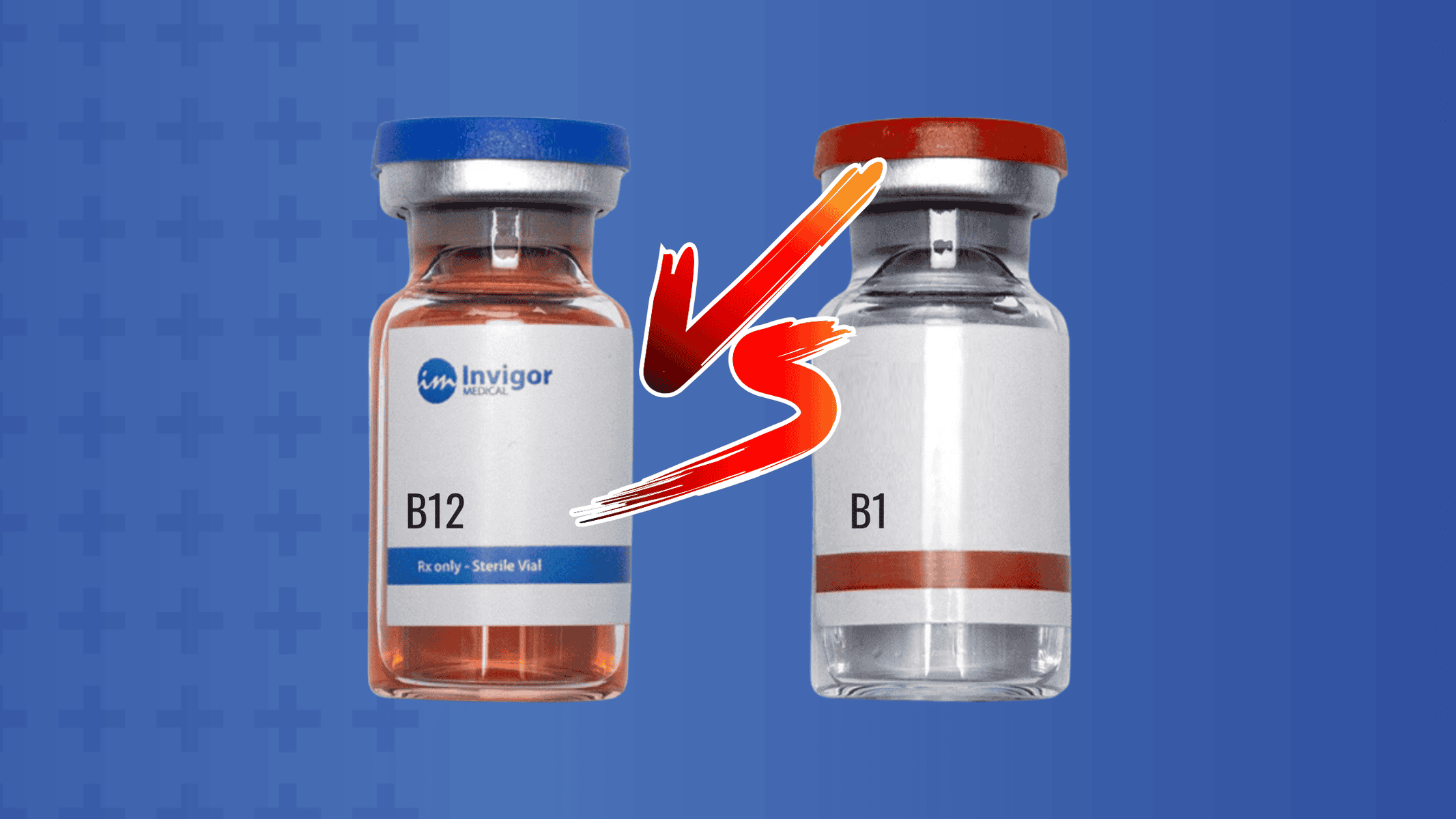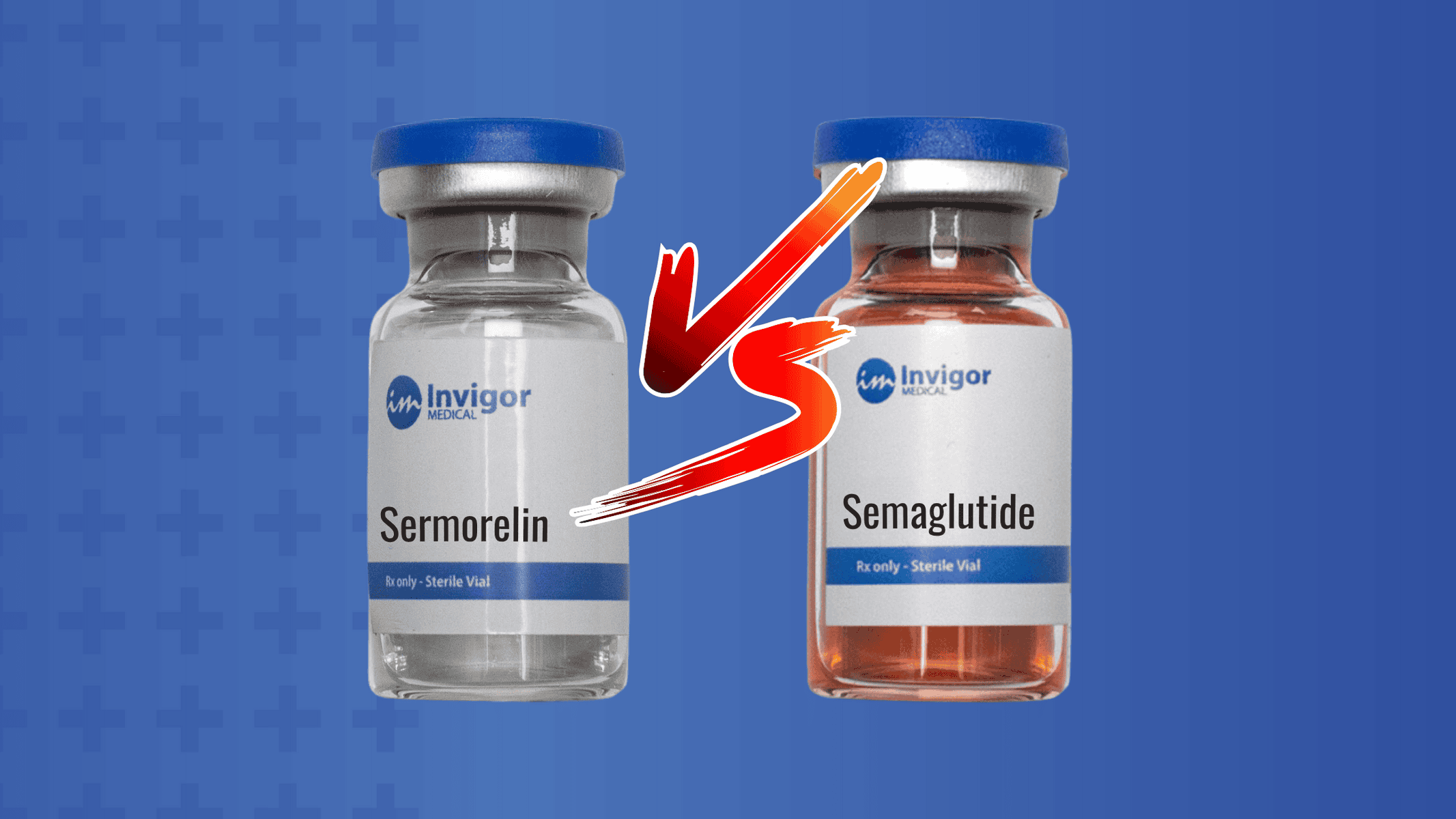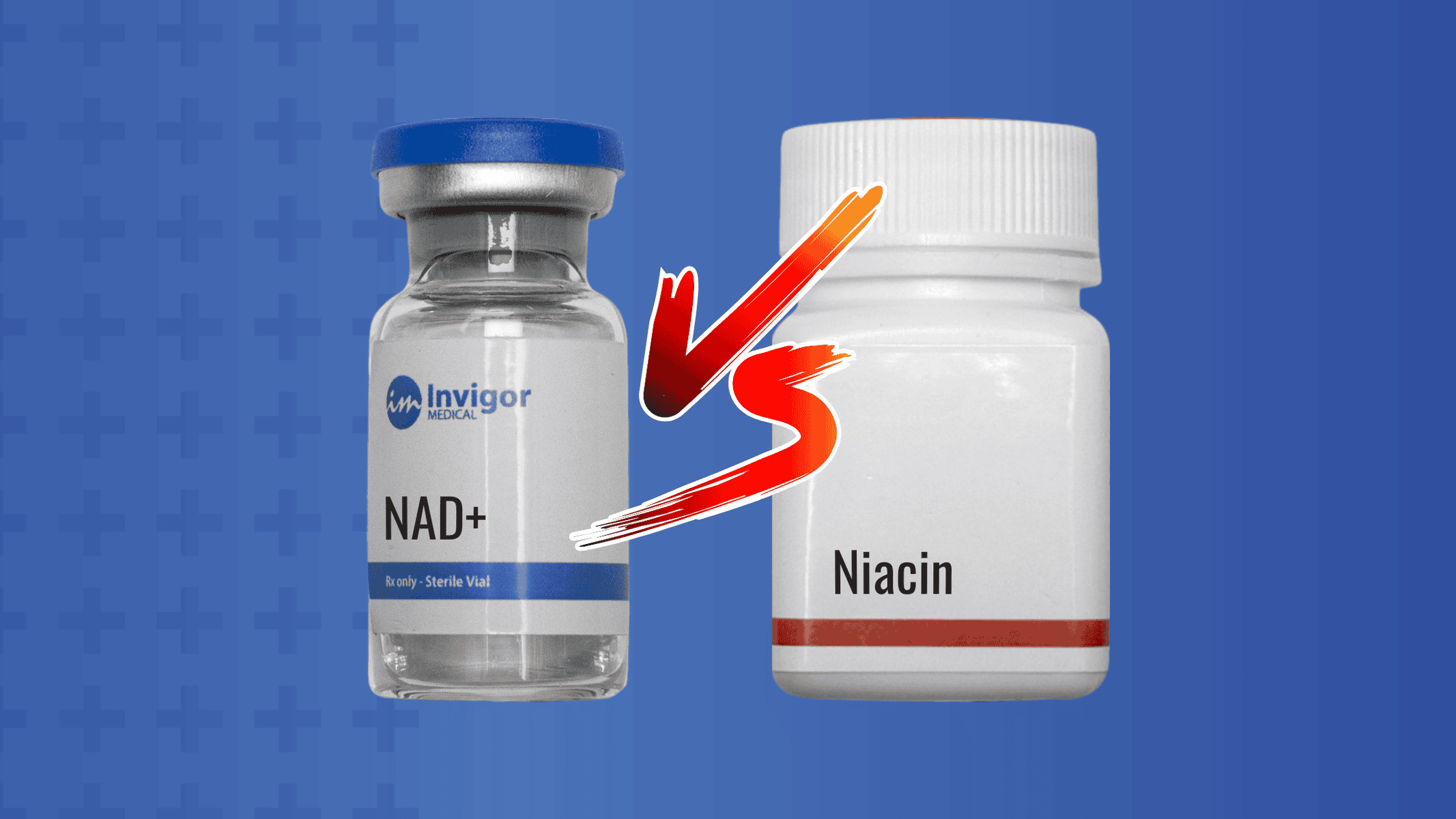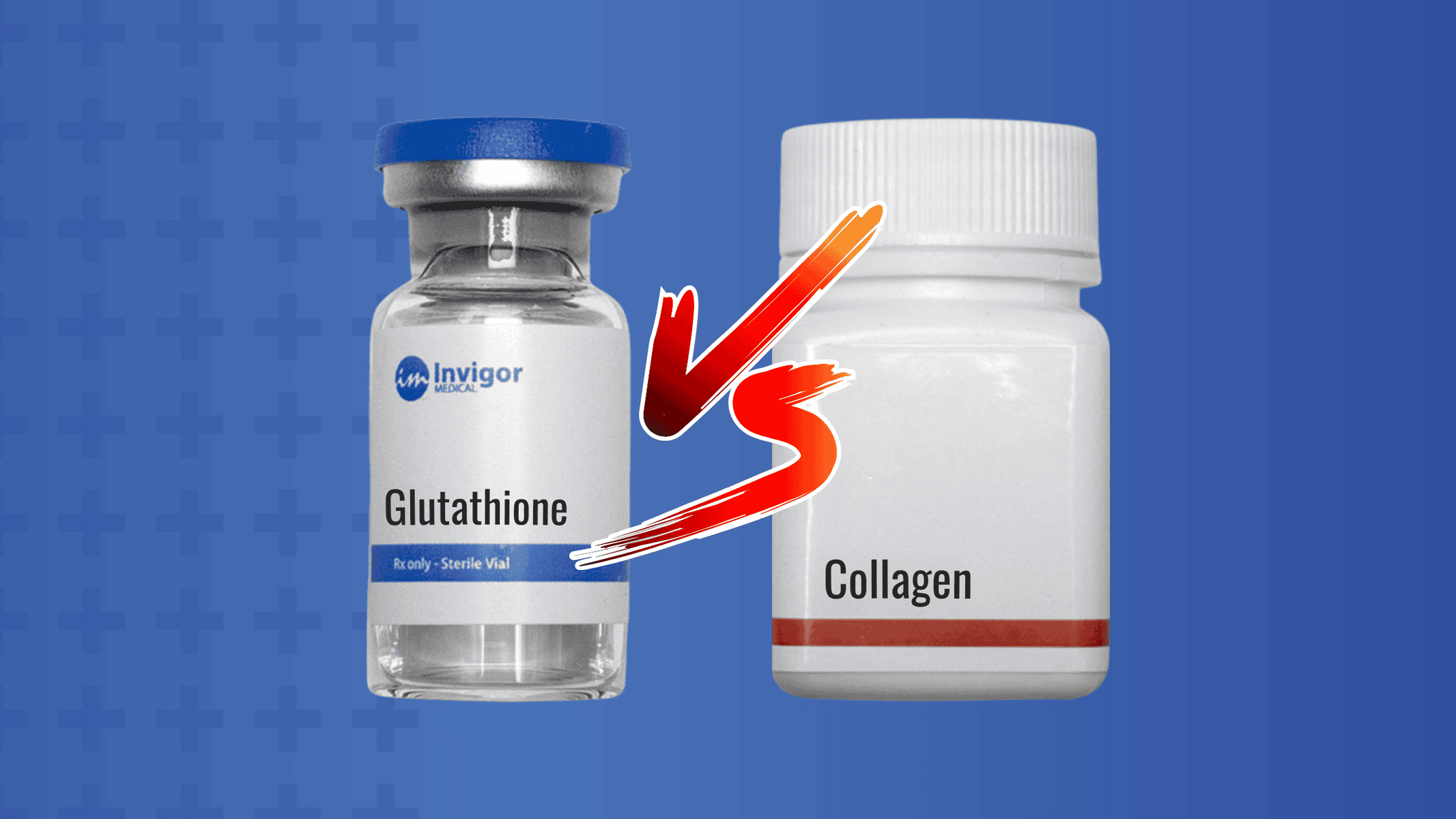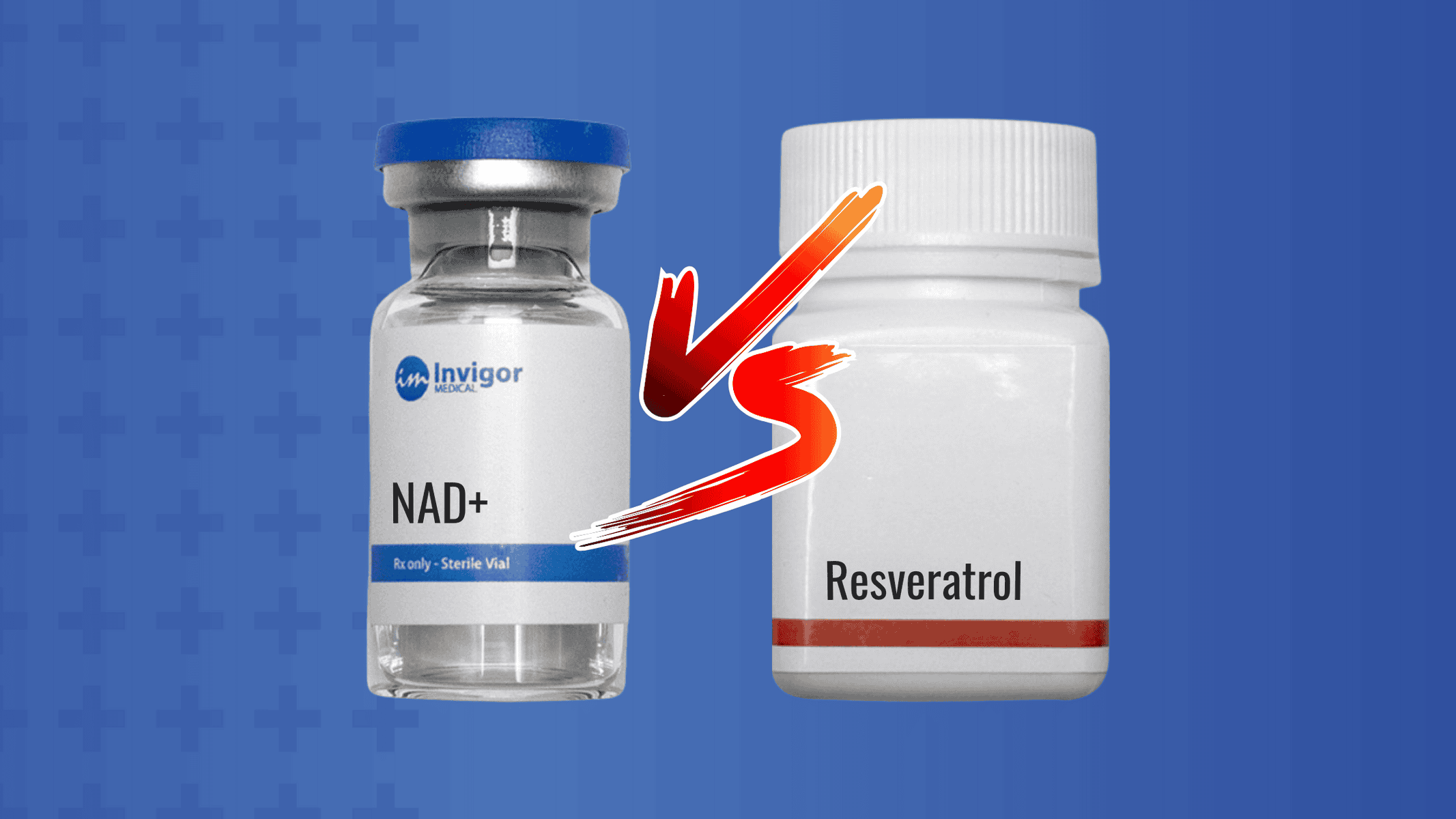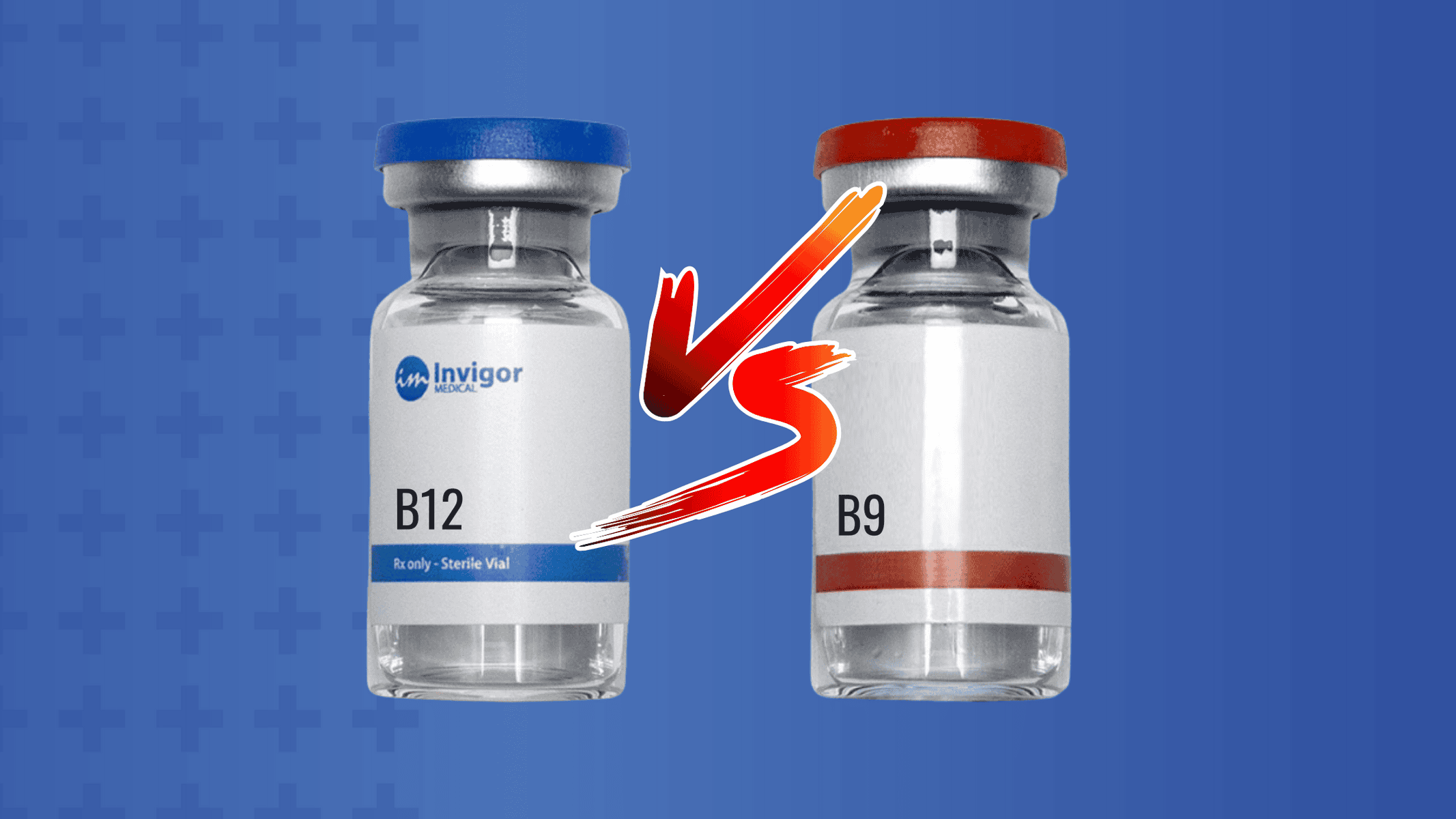Glutathione is known as the master oxidant. It is used in every cell in the body to detoxify and protect cells from metabolic damage, drug byproducts, and environmental toxins. Glutathione levels fall with age and poor health. Chronic exposure to chemical toxins, pollution, and heavy alcohol consumption can all contribute to lower glutathione levels. Glutathione depletion has been linked to a number of chronic diseases.1
Glutathione is synthesized in the body naturally from three amino acids: glycine, L-cysteine, and L-glutamine. Choosing a diet rich in glutathione precursors can help protect your cells from damage and support your immune system.2,3 There are many benefits to boosting your glutathione levels. Consume the foods listed below to increase glutathione naturally.
Table of Contents
1. Asparagus
Asparagus is high in glutathione, N-acetyl cysteine (NAC), and cysteine, making it an excellent source of sulfur.3
2. Avocado
Avocados are rusk in glutathione and have some cysteine.
3. Broccoli
According to one study, glutathione increases the activity of the enzyme glutathione-S-transferase, a key enzyme in glutathione production, suggesting that it would increase glutathione naturally.4
Broccoli is a cruciferous vegetable that is rich in sulfur. Consuming cruciferous vegetables is associated with a decreased risk of developing various cancers, including breast, prostate, lung, pancreatic and gastrointestinal cancers, cardiovascular disease, type-2 diabetes, and neurodegenerative disease.5

4. Cabbage
Cabbage is a cruciferous vegetable that is rich in sulfur. Consuming cruciferous vegetables is associated with a decreased risk of developing various cancers, including breast, prostate, lung, pancreatic and gastrointestinal cancers, cardiovascular disease, type-2 diabetes, and neurodegenerative disease.5
5. Cucumber
Cucumber is high in glutathione and has some N-acetyl cysteine (NAC), and cysteine, making it an excellent source of sulfur.3
6. Garlic
Garlic is an Allium vegetable that is high in sulfur. Consuming Allium vegetables is associated with a decreased risk of developing various cancers, including breast, prostate, lung, pancreatic and gastrointestinal cancers, cardiovascular disease, type-2 diabetes, and neurodegenerative disease.5
7. Green beans
Green beans are high in glutathione and cysteine, making them an excellent source of sulfur.3

8. Green tea
Green tea and green tea extract significantly increase antioxidant capacity in the body when compared to water consumption alone. Green tea is also associated with decreased risk of certain cancers, such as adult-onset leukemia.3
9. Kale
Kale is a cruciferous vegetable that is rich in sulfur. Consuming cruciferous vegetables is associated with a decreased risk of developing various cancers, including breast, prostate, lung, pancreatic and gastrointestinal cancers, cardiovascular disease, type-2 diabetes, and neurodegenerative disease.5
10. Leeks
Leeks are an Allium vegetable that is high in sulfur. Consuming Allium vegetables is associated with a decreased risk of developing various cancers, including breast, prostate, lung, pancreatic and gastrointestinal cancers, cardiovascular disease, type-2 diabetes, and neurodegenerative disease.5
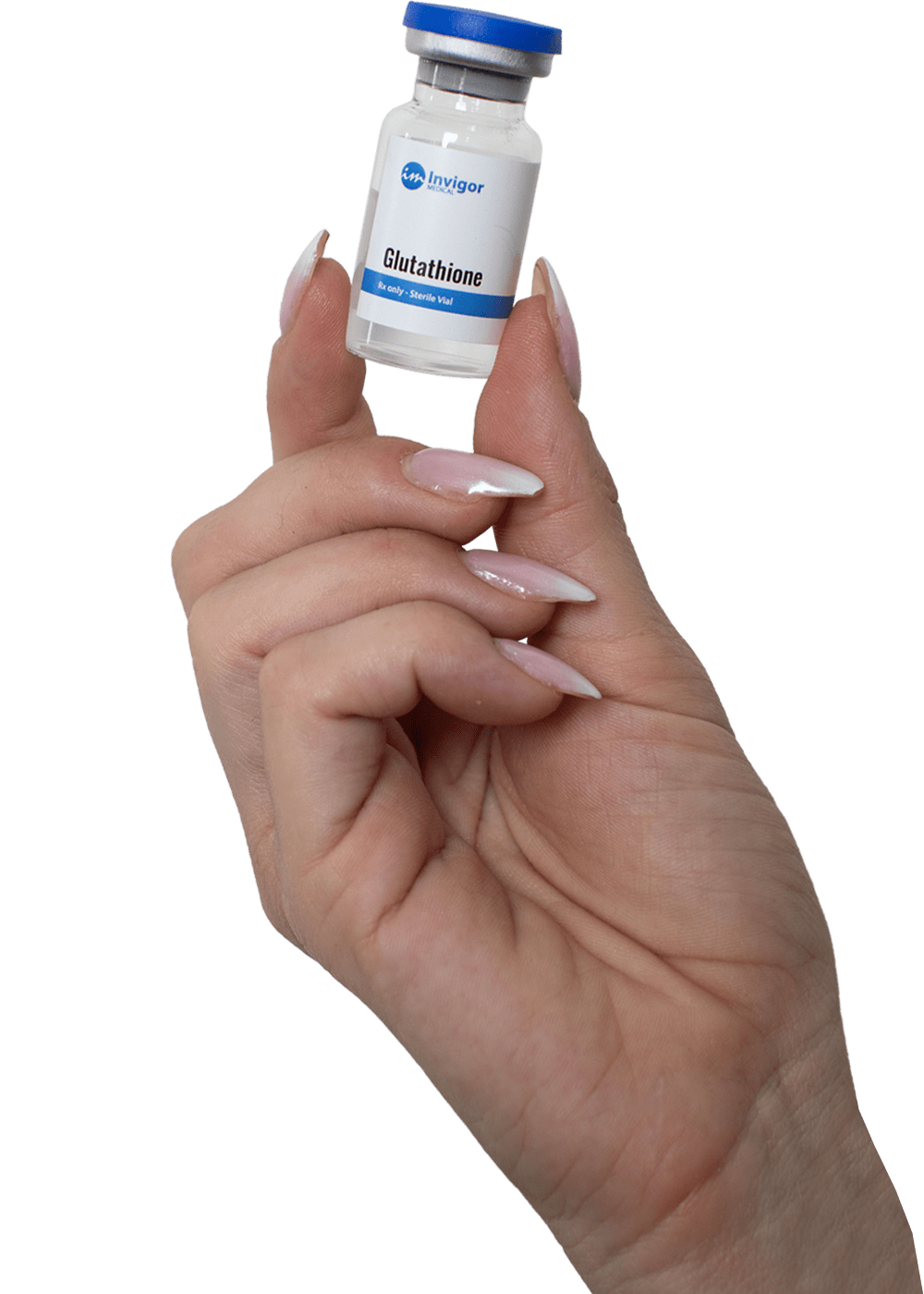
11. Meats
Many types of meat are rich in sulfur, with a mean of 142.1 mg, accounting for about 16% of most people’s sulfur intake.5 Sulfur is found in methionine and cysteine, two amino acids that are precursors for glutathione.
Meats are also high in selenium, an essential mineral and glutathione cofactor. In one study, participants who consumed 200 mcg of selenium daily for three months saw an increase in glutathione naturally.6
12. Mushrooms
Mushrooms are a great source of glutathione and ergothioneine, which is a sulfur-based amino acid. Some varieties have higher glutathione levels than others. Mushrooms are also a great source of riboflavin, B vitamins, selenium, copper, potassium, dietary fiber, chitin, and β-glucans.7

13. Onions
Onions are an Allium vegetable that is high in sulfur. Consuming Allium vegetables is associated with a decreased risk of developing various cancers, including breast, prostate, lung, pancreatic and gastrointestinal cancers, cardiovascular disease, type-2 diabetes, and neurodegenerative disease.5
14. Papaya
Papaya is high in glutathione and cysteine, making it an excellent source of sulfur.3
15. Pomegranate juice
In a study of nine weightlifters who consumed pomegranate juice, researchers found that they had decreased oxidative stress and increased antioxidant enzyme activity compared with the group consuming a placebo drink.8
Consuming grape juice, kale juice, or other juices high in polyphenols is expected to produce similar results.3

16. Spinach
Spinach is high in glutathione and cysteine, making it an excellent source of sulfur.3
17. Whey
Whey is higher in cysteine than in other proteins. In a small study, participants who supplemented their diet with whey protein for two weeks had higher glutathione levels than those who didn’t.9
Conclusion
There is some debate on the effectiveness of oral glutathione supplementation, as digestive enzymes in the stomach may break it down before it is absorbed. Consuming foods rich in L-cysteine, N-acetyl cysteine (NAC), glycine, and L-glutamate gives your body the amino acids it needs to increase glutathione naturally. Glutathione injections are prescription only. Talk to an Invigor Medical specialist to determine whether glutathione supplements are right for you, or buy glutathione injections for optimal absorption.




